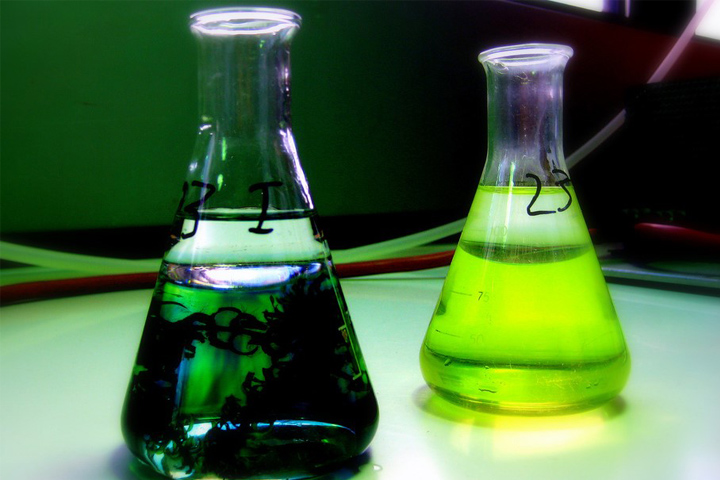Testing the Safety of a New Chemotherapy and Radiation Combination

Will a novel drug be a safe and effective addition to standard treatment for localized pancreatic cancer that cannot be removed surgically?
In this clinical trial, researchers look at the safety of adding the novel drug PEGPH20 to the chemotherapy and radiation regimen that is usually given for pancreatic cancer at this stage.
What is PEGPH20?
Hyaluronic acid (HA) is a gel-like substance found all over the human body—lubricating joints so they move well, and providing structural support to cells. Researchers have found that HA has a role in promoting prostate, breast, and pancreatic cancers. These tumors produce too much HA, creating a thick layer of fibrous tissue around the tumor. This increases pressure inside the tumor, crushing blood vessels that would otherwise carry the chemotherapy drugs into the tumor. Chemotherapy is not particularly effective in people with such fibrotic tumors because the drugs cannot get to the tumor and the cancer resists treatment.
PEGylated Recombinant Human Hyaluronidase (PEGPH20) is a synthetic version of an enzyme naturally found in the body that breaks down HA. Scientists are giving pancreatic cancer patients who have high levels of HA in their tumors more of this enzyme to see if it improves the delivery and effectiveness of standard chemotherapy drugs.
Trying a New Combination
Patients with pancreatic cancer that has not spread beyond the area around the pancreas typically receive radiation and chemotherapy with gemcitabine with the goal of shrinking the tumor to make it surgically removable. Gemcitabine is converted into two metabolites that cause cell death. One reduces the number of building blocks necessary to make DNA; the other shortens the DNA strands.
In this trial, all participants will be treated with gemcitabine and radiation therapy. However, in a first group, participants will receive increasing doses of PEGPH20 to determine the safety of the drug. The following group of patients will receive a pre-set dose of the experimental drug (determined from the drug escalation group).
We encourage you to consult your physicians for clinical trials that may be right for you. The website ClinicalTrials.gov provides more details about this trial as well as many others. You can visit the Let’s Win Trial Finder for a listing of all active pancreatic cancer clinical trials.
This trial has been terminated for safety issues.





